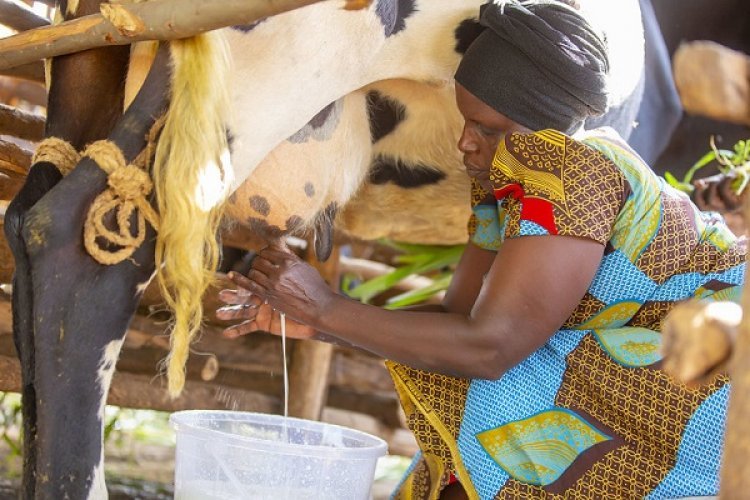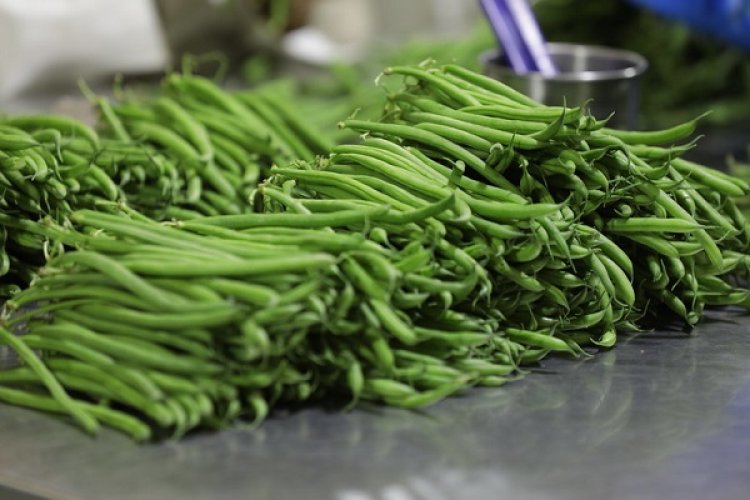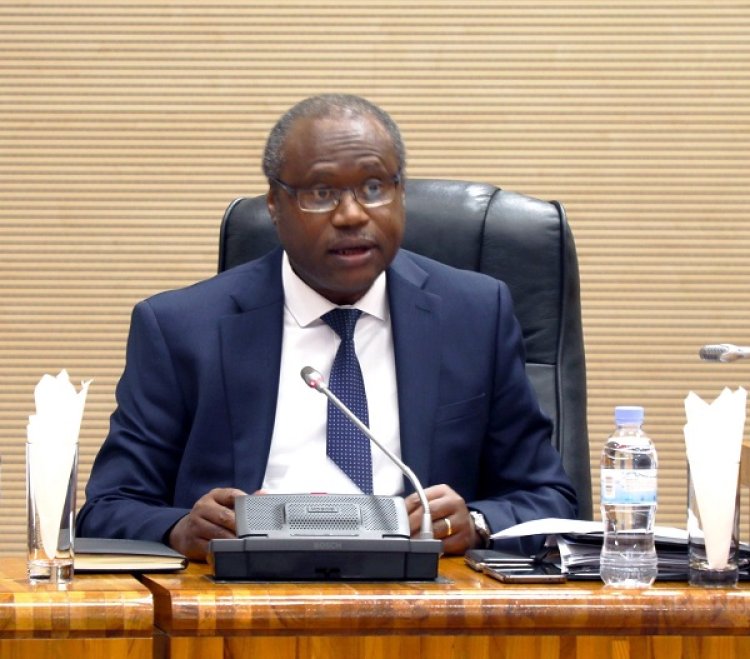Rwanda’s inflation rose to new high in March on account of increased cost of energy and food items, according to the National Institute of Statistics’ latest Consumer Price Index (CPI) dated April 10.
The gauge of routine changes in the cost of living nationally shows the index increased to 7.5 per cent last month from 5.8 per cent in February after prices of food and non-alcoholic beverages increased by 10.2 per cent on annual basis and 5.1 per cent on monthly change.
‘Housing, water, electricity, gas and other fuels’ increased by 8.1 per cent and 3.9 per cent on annual and monthly change respectively.
Highest rise
But it is prices of the “energy” that increased the most by 15.9 per cent on annual change and by 8.4 per cent on monthly basis.
The statistics body data also suggest that people have been paying more at restaurants and hotels with costs having increased by 14.7 per cent on annual change and 8.1 per cent on monthly basis.
Food and utilities take up the largest share of the basket of items used to gauge change in the cost of living, and their cost rise piles additional pressure on consumers already contending with constant rise in fuel costs since October last year.
Petrol and diesel prices increased to a record Rwf1,359 and Rwf1,368 respectively on April 4.
READ: COST OF LIVING: How much more pain can consumers absorb?
Producers just like suppliers say high expenses on diesel or petrol lead to high production and transport costs respectively, which discourage many from investing or expanding operations as profit margins are eroded.
Many transfer additional expenses to the end consumers, thereby heightening cost of both local and imported goods.
The March inflation report shows, for instance, that local goods increased by 6.1 per cent and 3.1 per cent on annual change and monthly basis respectively, while prices of imported products increased by 12 per cent on annual basis and by 2.9 per cent on monthly basis.









